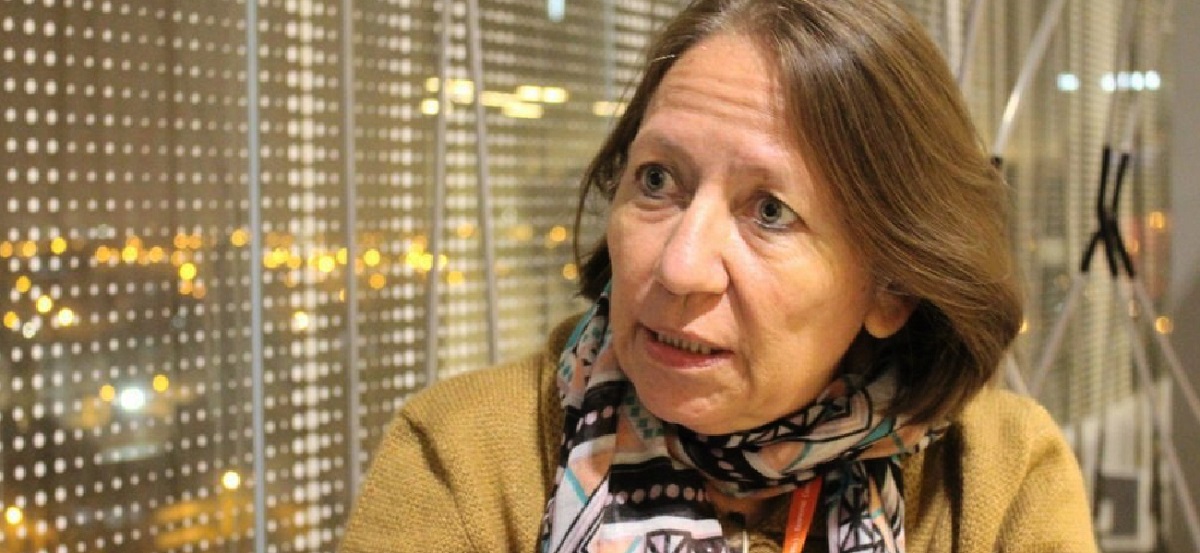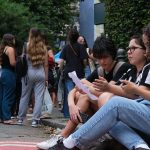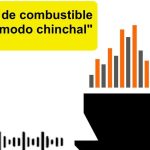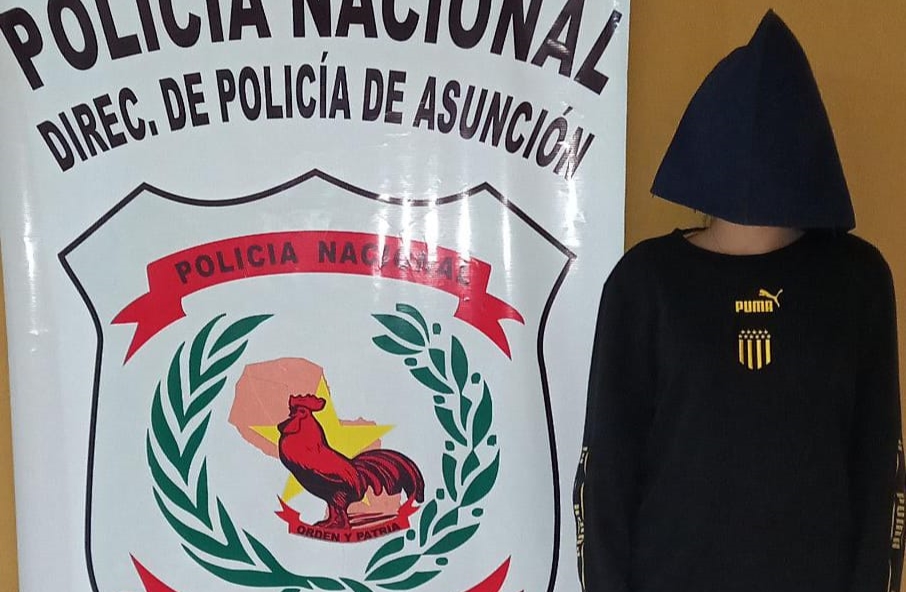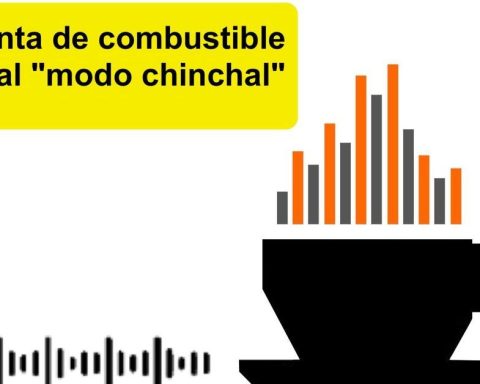María Teresa Blandón, director of the La Corriente Feminist Regional Program Association —one of the 50 NGOs outlawed this Wednesday by the Ortega regime—, pointed out that the government’s justification for closing the NGOs for alleged non-compliance with current legislation, “has no legality ” because said laws “contravene what is established in the Political Constitution of the Republic, which clearly establishes freedom of association.”
The Foreign Agents Regulation Law orders NGOs to register as a “foreign agent”; however, La Corriente decided not to do so because said legislation —which integrates a combo of repressive laws manufactured by the regime— “contravenes the Constitution and forces organizations to join a regime that they have invented,” Blandón explained in an interview with the Program Tonight.
“La Corriente decided not to register as a foreign agent because we did not reach such a definition. We are a group made up of Nicaraguans who have acted for almost 30 years in the national territory, which is made up of nationals, there is no reason for us to be declared foreign agents,” said the also feminist.
He added that the State “does not have any legitimate basis to try to intervene and control the dynamics of civil society organizations, as it has effectively tried to do within the framework of the law that they approved at the end of last year,” he questioned.
The Ortega regime, through the Ministry of the Interior (Migob), has used the new laws to pressure dozens of organizations, which tried to continue their work in different territories of Nicaragua, and went to Migob to complete the entire registration process that demands the Foreign Agents Regulation Act, but encountered obstacles. Several of these organizations were also annulled, alleging that they did not comply with said legislation.
The regime of Daniel Ortega and Rosario Murillo has canceled 218 associations, universities, foundations and organizations since the end of 2018; the last 50 were outlawed this Wednesday. The Ortega deputy Filiberto Rodríguez López threatened to annul more NGOs, according to him in compliance with the law.
In each decree presented by Deputy Rodríguez, Migob accuses NGOs of failing to comply with three laws: Law on Non-Profit Legal Entities or Law 147; the Organic Law of the Legislative Power of the Republic of Nicaragua or Law 606, and the Law against Money Laundering, Financing of Terrorism and Financing of the Proliferation of Weapons of Mass Destruction or Law 977.
Program beneficiaries are the most affected
Some of the directors of the canceled organizations in interviews with CONFIDENTIAL They lamented the closure of the NGOs and the direct impact on their workers, but above all, they highlighted the impact it generates on the beneficiaries of projects of a different nature, such as health, protection of women, access to drinking water, defense of human rights, environmental protection and so on.
With the closure of La Corriente, ten people were left unemployed. However, Blandón stressed that the most affected are the citizens who found in the organization a space “of vital importance” to face situations of discrimination, work on the consequences of abuse, violence, and strengthen the autonomy of women’s bodies.
This organization was born almost 30 years ago to work on building women’s social movements to defend their rights. Along the way, it expanded its projection and has collaborated with groups of men and groups of sexual diversity.
Its main focus was the approach of the prevention of gender violence; the promotion of gender equity and respect for sexual diversity. For Blandón, the reach that they have had during decades of incidence is counted by thousands of people, thanks to training processes, research and awareness campaigns.
Blandón assures that despite everything that the loss of legal status implies and the hostile context that the country is going through, it is possible to continue working although “the margin is increasingly narrow.” “There is plenty of evidence that allows us to affirm that we live in a police state,” he said.
He not only affirms it because of the cancellation of the 218 civil society organizations in the last four years -144 so far in 2022-, but also because a suppression of the “right to demonstrate, to mobilize, to denounce” persists. He assures that the La Corriente team will continue to promote spaces for reflection, training, and awareness, despite the new precarious conditions. “We think that we cannot give up opening spaces for growth, where we can really live without fear… we are going to keep trying despite these severe limitations,” he said.
He recalled that the international community has sufficient evidence of the closure of civic space in the country, that a police state persists, and that Nicaraguan civil society “is being the victim of a fierce attack, because there is an intention of the regime to sustain itself through violence, but also by way of censorship, which clearly shows that they do not have legitimacy because otherwise they would not have to resort to these barbarities.”
